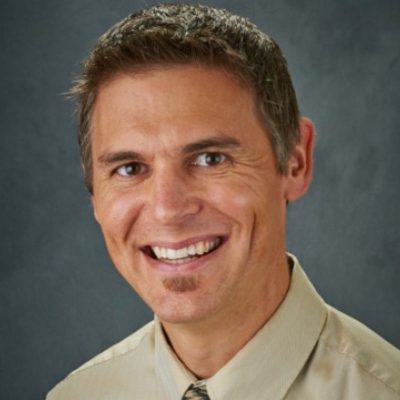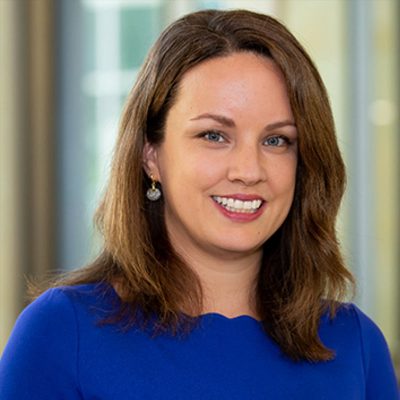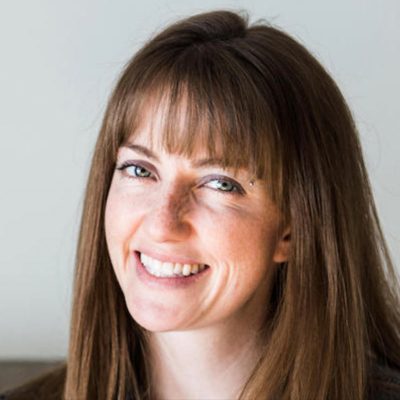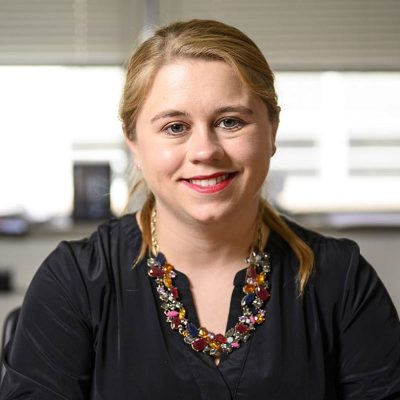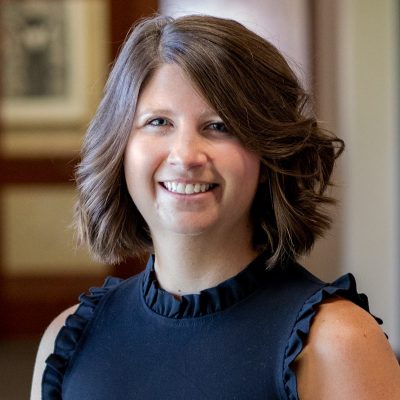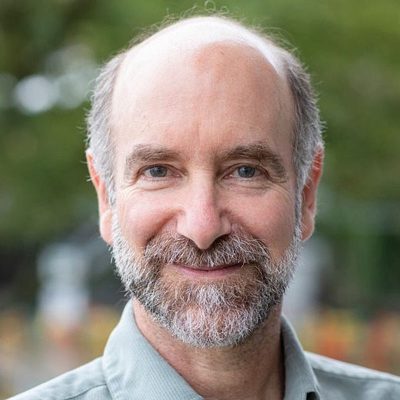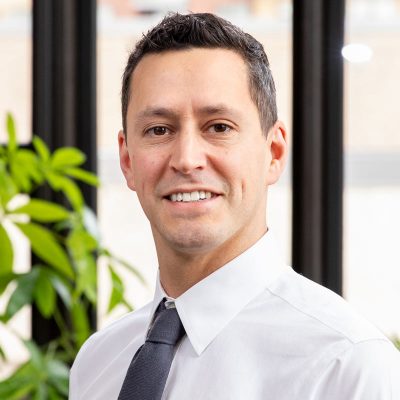Planetary Health Researchers
Paul Block
Paul Block is an assistant professor of civil engineering in the College of Engineering. Block’s research group creatively addresses critical water resources management challenges in local to international trans-boundary capacities through stakeholder and decision-maker collaborations. They work at the intersection of engineering and socio-economics to enhance management, adaptation and sustainability of water resources by leveraging across the sciences.
Jessica LeClair
Jessica LeClair looks at the strategies nurses use to promote environmental justice; they often work with marginalized populations and are uniquely positioned to make a difference.
Valerie Stull
Valerie Stull is an interdisciplinary environmental health scientist by training. As a postdoctoral research associate in the Global Health Institute, she is investigating issues at the intersection of agriculture, the environment and global health. Stull explores various aspects of food security and food sovereignty in a changing climate. She has worked in Zambia, South Africa, Kenya, Rwanda, India, Peru and Palestine on research, health and agriculture development projects with non-profit organizations, donor agencies, and governments.
Andrea Hicks
Andrea Hicks specializes in using life cycle assessments and modeling to quantify environmental impacts of products and processes. Her work includes industrial ecology or using basic ecological principles to better understand and design human products. For example, Hicks is thinking about ways to design a product where the waste could become the building blocks for another product or service. Her interests include agent-based modeling, the rebound effect, and environmental implications of technology.
Planetary Health Coordinators
Christina Stefonek
Position title: Math and Science Professional Learning Specialist
Christina Stefonek is an Outreach Specialist for the office of Professional Learning and Community (PLACE) at University of Wisconsin-Madison. She teaches and facilitates a series of professional learning opportunities for K-12 mathematics educators. Prior to joining University of Wisconsin-Madison, Stefonek taught middle school math, science and language arts in Madison and Milwaukee, Wisconsin. She received her master’s in Teaching English to Speakers of Other Languages from Edgewood College.
Jonathan Patz
Position title: Director of the Global Health Institute
Jonathan Patz, M.D., M.P.H., (@jonathanpatz) is Director of the Global Health Institute at the University of Wisconsin–Madison. He is a professor and the John P. Holton Chair in Health and the Environment with appointments in the Nelson Institute for Environmental Studies and the Department of Population Health Sciences. For 15 years, Patz served as a lead author for the United Nations Intergovernmental Panel on Climate Change (or IPCC)—the organization that shared the 2007 Nobel Peace Prize with Al Gore. He also co-chaired the health expert panel of the U.S. National Assessment on Climate Change, a report mandated by the U.S. Congress. Professor Patz was also the founding President of the International Association for Ecology and Health and was elected into the National Academy of Medicine in 2019.
Noah Weeth Feinstein
Position title: Associate Professor, Curriculum & Instruction, Associate Professor, Community & Environmental Sociology
I study how people make sense of science in their personal, social, and political lives — and how educational platform such as schools and museums can help. I recently contributed to a National Academies report on science literacy, and am currently studying how science museums seek to become more equitable institutions. I also write about environmental and sustainability education, public knowledge, and educational responses to the “post-truth era,” and have become increasingly interested in the role of education in climate change adaptation. My work is usually classified under headings like “informal science education” and “public engagement with science,” but I think of myself as a scholar of Science and Technology Studies (STS) who works on problems related to learning, education, and social change.

